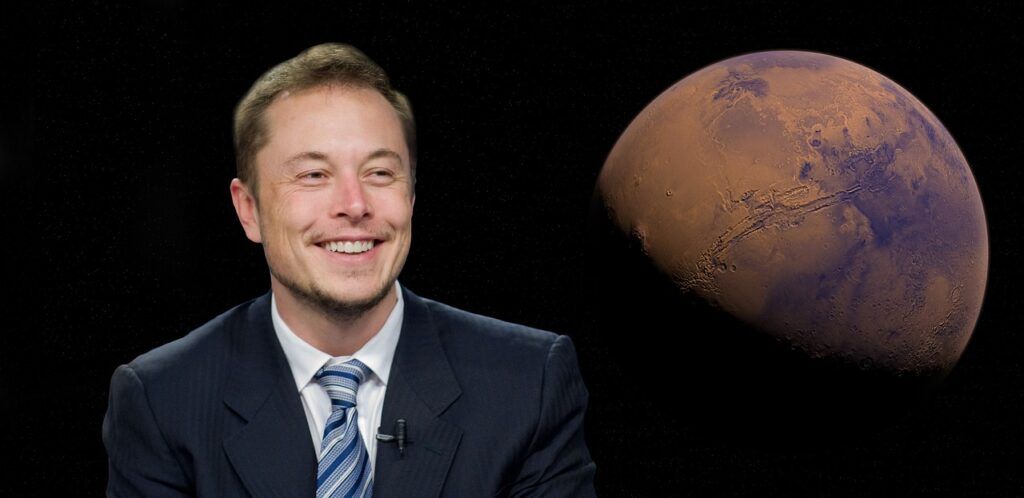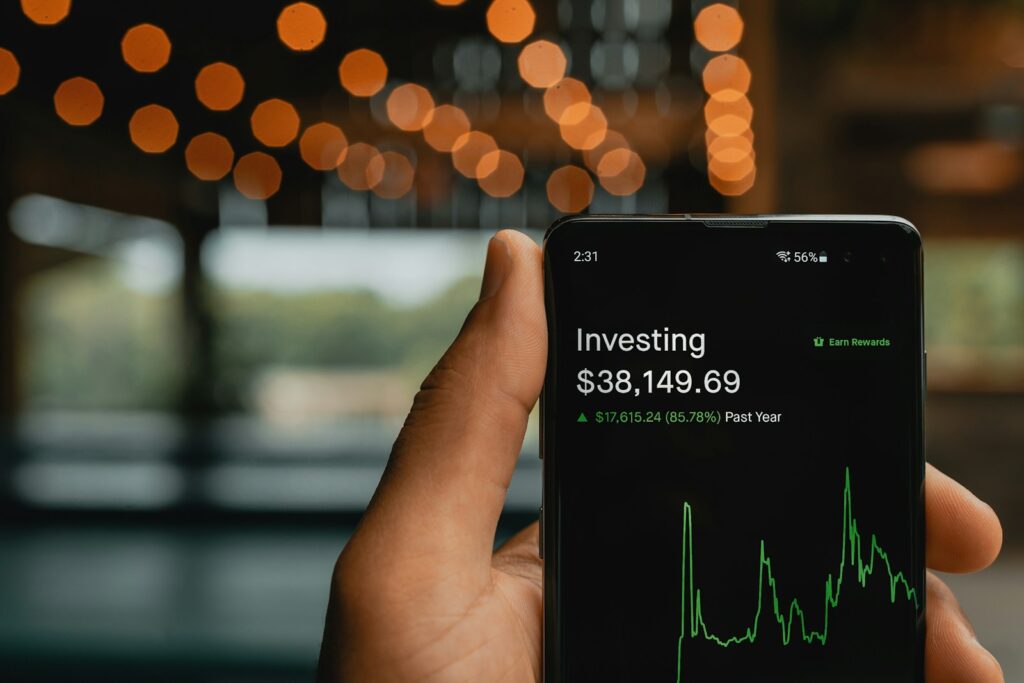
In the annals of modern technology, few rivalries have captivated public attention quite like the one between Elon Musk, the visionary behind Tesla and SpaceX, and Mark Zuckerberg, the architect of Meta Platforms. This intense business competition has transcended corporate boardrooms and market share battles, spilling over into what has been colloquially described as a playground spat. With Musk boasting an estimated net worth of $245.6 billion and Zuckerberg commanding $108.7 billion, the stakes in this personal and professional drama are undeniably colossal, culminating in public offers to settle their differences in a literal cage match.
This high-profile antagonism is not merely a clash of personalities; it represents a deeper struggle for influence, technological direction, and philosophical principles within the global digital ecosystem. For years, these two titans have engaged in passive-aggressive jabs, their exchanges growing increasingly candid and confrontational. The trajectory of their contentious relationship offers a compelling case study into the dynamics of power and ego at the pinnacle of innovation.
To truly comprehend the depth and duration of this feud, one must trace its origins and evolution through a series of pivotal events that have shaped its narrative. This section will delve into the initial sparks that ignited the rivalry, from a catastrophic physical incident to profound ideological disagreements, examining how these foundational moments laid the groundwork for one of the most significant personal and corporate clashes of our era. We will analyze the key milestones that established the parameters of their animosity, setting the stage for the persistent friction that defines their interaction today.

1. **The Catastrophic Satellite Explosion of September 2016**The genesis of the highly publicized feud between Elon Musk and Mark Zuckerberg can be directly traced back to a dramatic and costly incident in September 2016. This event involved a collaborative effort between the two billionaires, which, rather than launching into orbit, met with a fiery end. A satellite, valued at an estimated $200 million and intended for Zuckerberg’s connectivity initiatives, was destroyed during a pre-launch test accident involving one of Musk’s SpaceX rockets.
This literally explosive failure served as a potent and very public symbol of a collaboration gone awry. The destruction of such a significant asset, a substantial investment aimed at expanding global internet access through Facebook’s platforms, was a critical setback for Zuckerberg’s ambitions. It also placed SpaceX’s reliability under a harsh spotlight, challenging the operational integrity of a company central to Musk’s futuristic vision.
The incident was more than just a financial loss; it was a deeply embarrassing public spectacle for both parties, particularly for Zuckerberg, whose project was the direct casualty. The physical destruction of the satellite not only marked the failure of a specific technological endeavor but also, significantly, detonated the nascent collaborative spirit between these two influential figures, establishing the first major point of contention in their escalating rivalry.
Read more about: The ’70s Unveiled: 12 Pivotal Moments and Transformations That Defined a Decade (Then Faded Away)
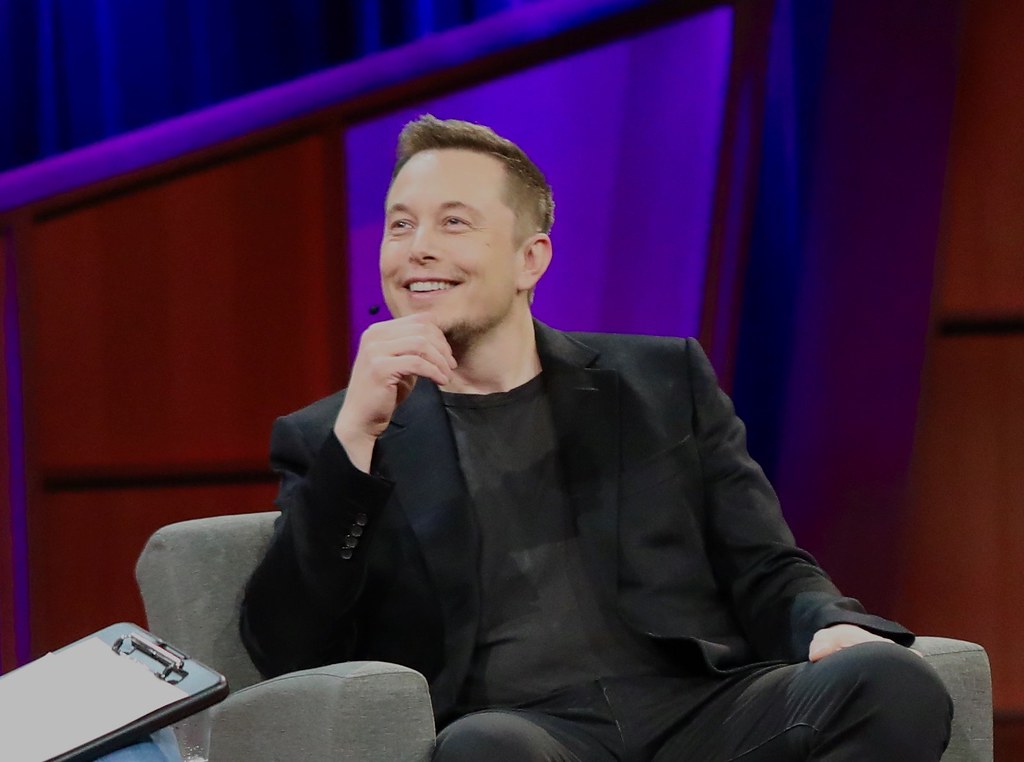
2. **Zuckerberg’s Public Expression of Deep Disappointment**In the immediate aftermath of the SpaceX launch failure, Mark Zuckerberg did not shy away from expressing his profound dissatisfaction, choosing to articulate his feelings publicly on Facebook. His statement conveyed a clear sense of dismay and direct attribution of responsibility, setting a pointed tone for the burgeoning conflict. Zuckerberg wrote candidly that he was “deeply disappointed” that “SpaceX’s launch failure destroyed our satellite.”
This direct and unequivocal statement, issued through his own platform, underscored the severity of the incident from Facebook’s perspective. It was a public lament over a significant corporate loss and an implicit challenge to SpaceX’s operational competence. By explicitly naming SpaceX as the cause of the destruction, Zuckerberg ensured that the accountability for the failure was clearly laid at Musk’s company’s feet, a move that would undoubtedly resonate within the competitive tech landscape.
The public nature of Zuckerberg’s disappointment was crucial; it prevented any ambiguity about his stance and signaled to the industry and investors that a significant breach of trust or performance had occurred. This transparent expression of dissatisfaction, coming from one of the world’s most prominent CEOs, transformed a technical mishap into a personal and corporate grievance that became a foundational element of the ongoing feud, solidifying the narrative of a costly error perpetrated by one titan against the other.
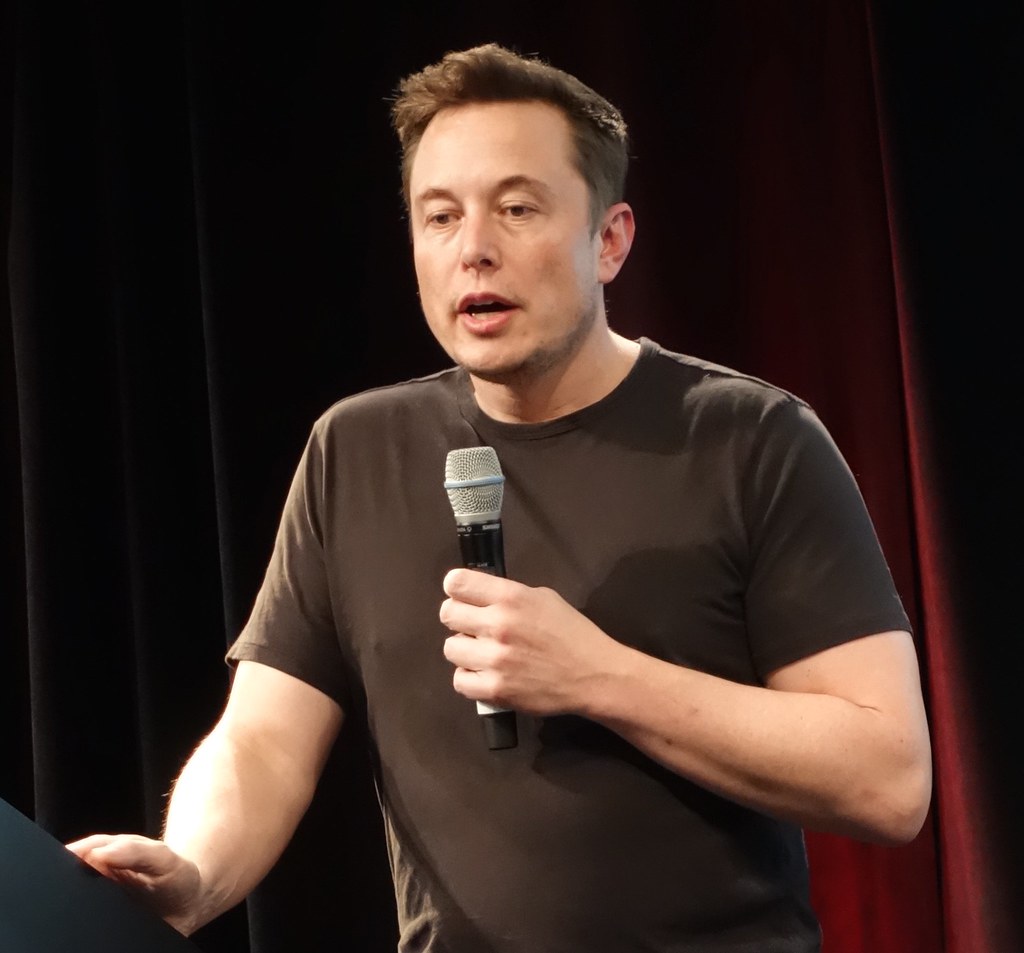
3. **The Ideological Clash Over Artificial Intelligence in 2017**Approximately a year after the satellite disaster, the feud between Musk and Zuckerberg evolved from a dispute over technical failure to a fundamental ideological disagreement, specifically concerning the future and risks of artificial intelligence. During a public Facebook Live stream, Zuckerberg took what was described as a “not-so-subtle jab” at Musk, criticizing what he termed “irresponsible” artificial intelligence “naysayers” who “try to drum up these doomsday scenarios.”
This public commentary was widely understood as a direct allusion to Elon Musk, who famously holds a hyperbolic and bleak view of artificial intelligence. Musk has repeatedly articulated his firm belief that the technology “has the potential of civilization destruction,” advocating for cautious development and robust regulation to mitigate existential risks. Zuckerberg’s remarks, therefore, represented a significant public counter-narrative, dismissing Musk’s grave warnings as alarmist and unconstructive.
This exchange marked a critical escalation, shifting the rivalry beyond operational shortcomings to a clash of philosophies regarding humanity’s technological future. It illuminated a profound divergence in their visions for AI’s role and its potential impact, positioning them at opposite ends of a crucial debate. Zuckerberg’s optimism clashed sharply with Musk’s apocalyptic concerns, establishing a deeply ingrained intellectual fissure that would continue to fuel their animosity and shape their public personas.
Read more about: Joel DeMott, Pioneering Filmmaker Whose Seminal Work “Seventeen” Was Rebuffed by Public Television, Dies at 78

4. **Musk’s Dismissive Critique of Zuckerberg’s AI Understanding**Elon Musk’s response to Mark Zuckerberg’s public criticism regarding AI was swift, direct, and dismissive, further intensifying the personal dimension of their burgeoning feud. Taking to Twitter, Musk addressed Zuckerberg’s comments with a blunt assessment of his rival’s grasp of the complex subject. He stated, “I’ve talked to Mark about this. His understanding of the subject is limited.”
This pointed retort was a public declaration of intellectual superiority, undermining Zuckerberg’s authority on a critical technological front. By asserting that he had already engaged with Zuckerberg privately on the matter and found his understanding lacking, Musk positioned himself as the more informed and prescient voice in the artificial intelligence debate. Such a direct personal challenge, particularly on a topic as strategically vital as AI, resonated deeply within the tech community and beyond.
Musk’s statement served to deepen the ideological rift, transforming a philosophical difference into a question of competence and foresight. It was a clear attempt to marginalize Zuckerberg’s perspective and establish a hierarchy of expertise, a move that undoubtedly fueled the personal animosity between the two powerful figures. This public dismissal underscored the escalating nature of their rivalry, demonstrating a willingness by Musk to directly confront and discredit his peer on matters of profound technological consequence.
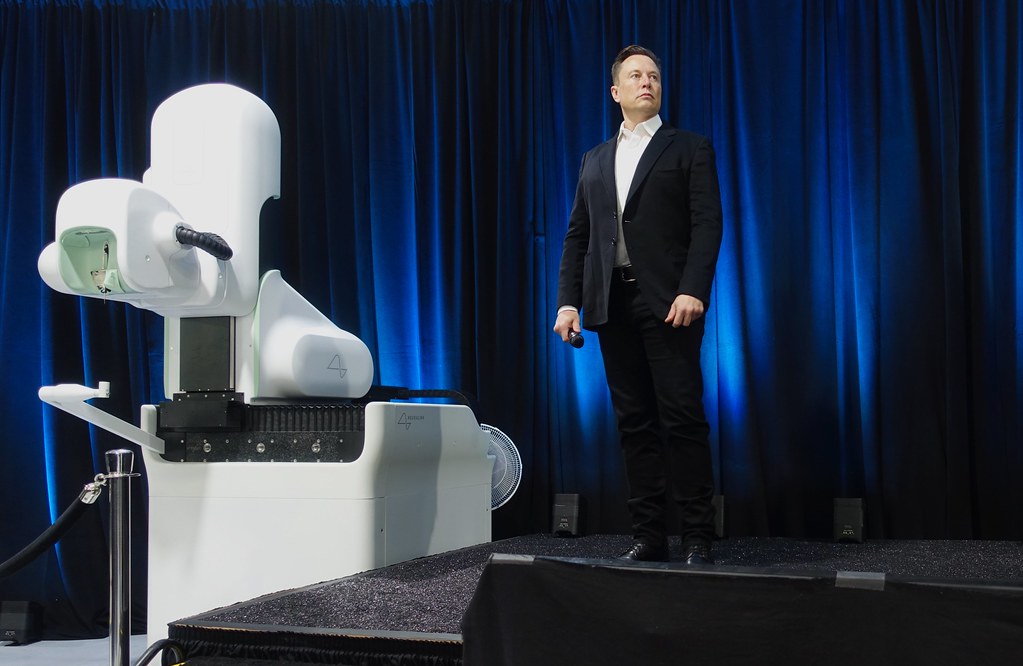
5. **Musk’s Decision to Publicly Mock Facebook in 2018**In 2018, Elon Musk significantly escalated his feud with Mark Zuckerberg by broadening his attacks from personal criticisms and ideological disagreements to directly targeting Facebook, Zuckerberg’s flagship platform. This marked a strategic shift, moving beyond individual exchanges to a more generalized campaign against the social media giant itself. Musk took to Twitter to publicly mock Facebook, signaling a more aggressive and less nuanced approach to his rivalry with its founder.
This public ridicule of Facebook was not merely an offhand remark; it represented a calculated move to undermine the reputation and standing of a rival company. By leveraging his considerable social media presence, Musk aimed to cast a shadow over Facebook’s brand, a platform that, despite its controversies, remained a dominant force in the digital world. His actions demonstrated a clear intent to move beyond passive-aggressive jabs towards active disparagement of Zuckerberg’s core enterprise.
The decision to mock Facebook openly signaled a point of no return in their relationship, illustrating Musk’s commitment to challenging Zuckerberg on multiple fronts. It transformed a personal quarrel into a broader corporate battle waged in the court of public opinion. This direct assault on Facebook’s image by such an influential figure underscored the deepening antagonism and the escalating stakes involved in this high-profile tech rivalry.
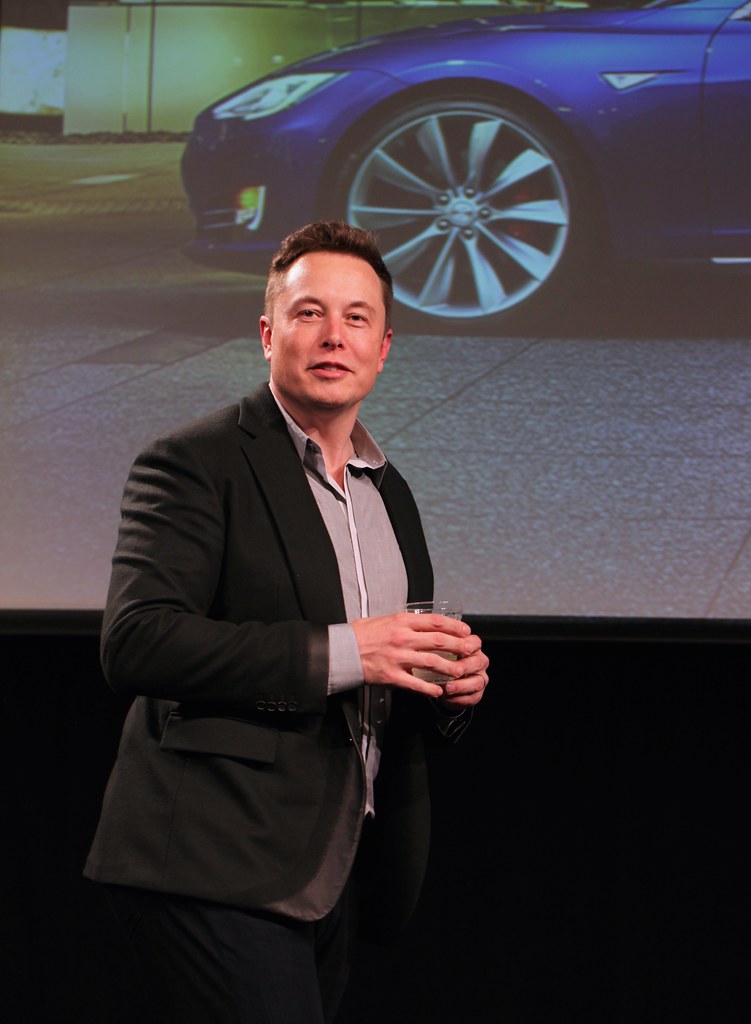
6. **Joining the #DeleteFacebook Movement**Following his public mockery, Elon Musk took an even more definitive and consequential step against Facebook by actively joining the #DeleteFacebook movement. This protest gained significant traction in 2018, largely prompted by the Cambridge Analytica scandal, which exposed serious concerns about user data privacy and the ethical practices of social media platforms. Musk’s decision to align himself with such a prominent and controversial public campaign sent a powerful message.
His endorsement of the #DeleteFacebook movement was not a subtle jab but a full-throated call to action against Zuckerberg’s company. For a prominent tech CEO to publicly support a movement advocating for the abandonment of a rival’s platform was unprecedented and highly symbolic. It demonstrated Musk’s willingness to leverage widespread public distrust and ethical concerns to further his competitive and personal agenda against Zuckerberg.
This move effectively intertwined Musk’s personal animosity with a larger societal debate about corporate responsibility and data ethics. By casting Facebook in a negative light and encouraging users to abandon it, Musk not only intensified the personal feud but also sought to inflict tangible damage on Facebook’s user base and reputation. His participation amplified the movement’s message and solidified his position as a vocal antagonist to Zuckerberg’s digital empire, firmly embedding their rivalry within the broader context of tech industry accountability.
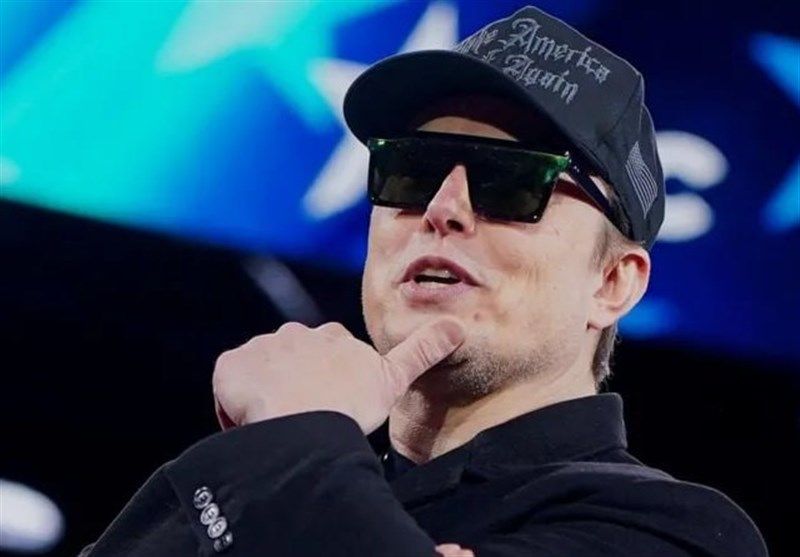
7. **Deletion of SpaceX and Tesla’s Official Facebook Pages**The ultimate manifestation of Elon Musk’s commitment to the #DeleteFacebook movement and his deepening antagonism towards Mark Zuckerberg came with the concrete action of deleting the official Facebook pages for his own prominent companies: SpaceX and Tesla. This was not a mere expression of opinion but a significant corporate divestment from a rival’s platform, carrying tangible business implications and signaling an unambiguous stance.
Musk’s justification for removing Tesla’s page was notably dismissive, stating that it “looked lame anyway.” This casual yet cutting remark underscored his disdain for the platform and its perceived utility for his brands. The removal of these high-profile corporate presences from Facebook was a bold declaration, indicating that Musk viewed Facebook not just as a competitor but as an platform he considered beneath the stature or value of his own enterprises.
This act served as a powerful symbolic gesture, demonstrating that Musk was willing to back his public criticisms with decisive corporate action. It eliminated a significant channel for public engagement and marketing for two global brands on Facebook, highlighting the depth of his conviction and willingness to disrupt conventional corporate social media strategies. By removing his companies from Facebook, Musk cemented his strategic distance from Zuckerberg’s domain and unequivocally signaled his intent to disengage from and implicitly challenge the rival platform, solidifying a major turning point in their escalating feud.
The initial sparks and corporate skirmishes that defined the early years of the Elon Musk and Mark Zuckerberg feud laid the groundwork for a rivalry that would only deepen and intensify. As we move beyond the foundational disputes, this section delves into the ongoing antagonism, revealing Musk’s sustained public campaign against Facebook and, notably, Zuckerberg’s evolving and often measured responses to the shifting tech landscape and his rival’s persistent provocations. The trajectory of their interactions illustrates a complex interplay of personal animosity, strategic maneuvers, and contrasting philosophies at the apex of global technology.
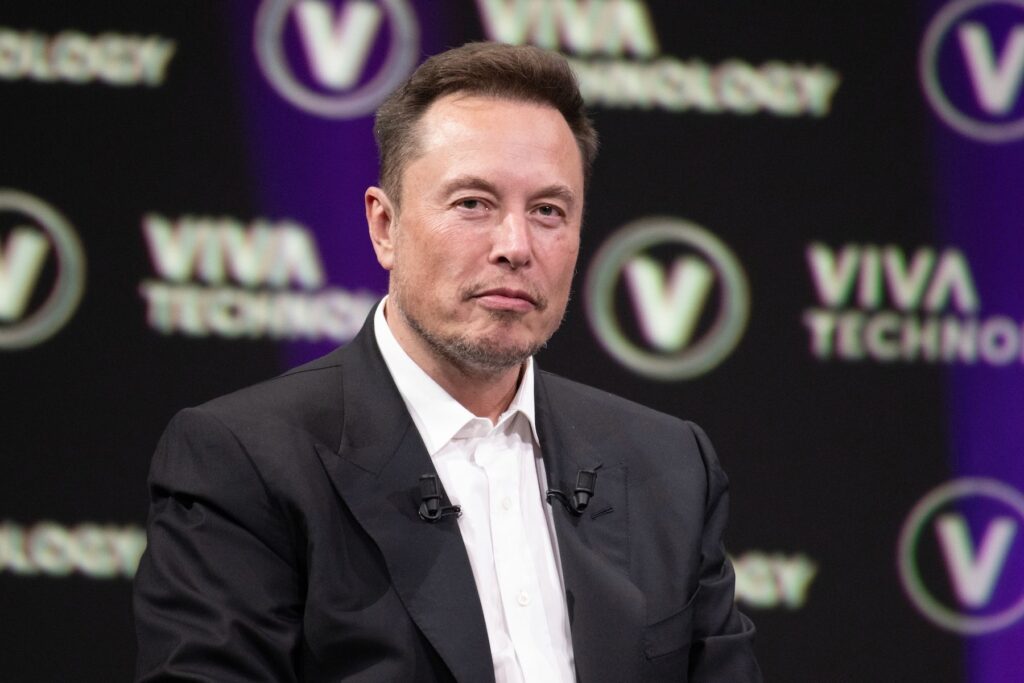
8. **Musk’s Renewed Call to “Delete Facebook” in 2020**Even after deleting his own companies’ pages and overtly criticizing Facebook, Elon Musk’s campaign against Mark Zuckerberg’s platform did not abate. In 2020, two years prior to his acquisition of Twitter, Musk seized another opportunity to publicly undermine Facebook’s standing. This occurred in response to a post by comedian Sacha Baron Cohen, who had articulated concerns regarding the immense power and influence that Zuckerberg wielded through Facebook.
Musk’s intervention was direct and unequivocal, reflecting his long-standing disdain for the social media giant. In his reply to Cohen’s critical assessment, Musk urged the public to abandon the platform, stating with characteristic bluntness that people should “delete Facebook because it’s lame.” This statement was more than a casual remark; it was a deliberate and public endorsement of a widespread sentiment of dissatisfaction with Facebook, leveraging a celebrity’s critique to amplify his own.
This renewed call to action demonstrated Musk’s unwavering commitment to his anti-Facebook stance, irrespective of his companies’ official disengagement. It solidified his public persona as a vocal antagonist to Zuckerberg’s enterprise, transforming a personal and corporate rivalry into a broader appeal for public disengagement. His ongoing Twitter presence became a consistent pulpit for these criticisms, ensuring the feud remained a prominent topic in tech and public discourse.
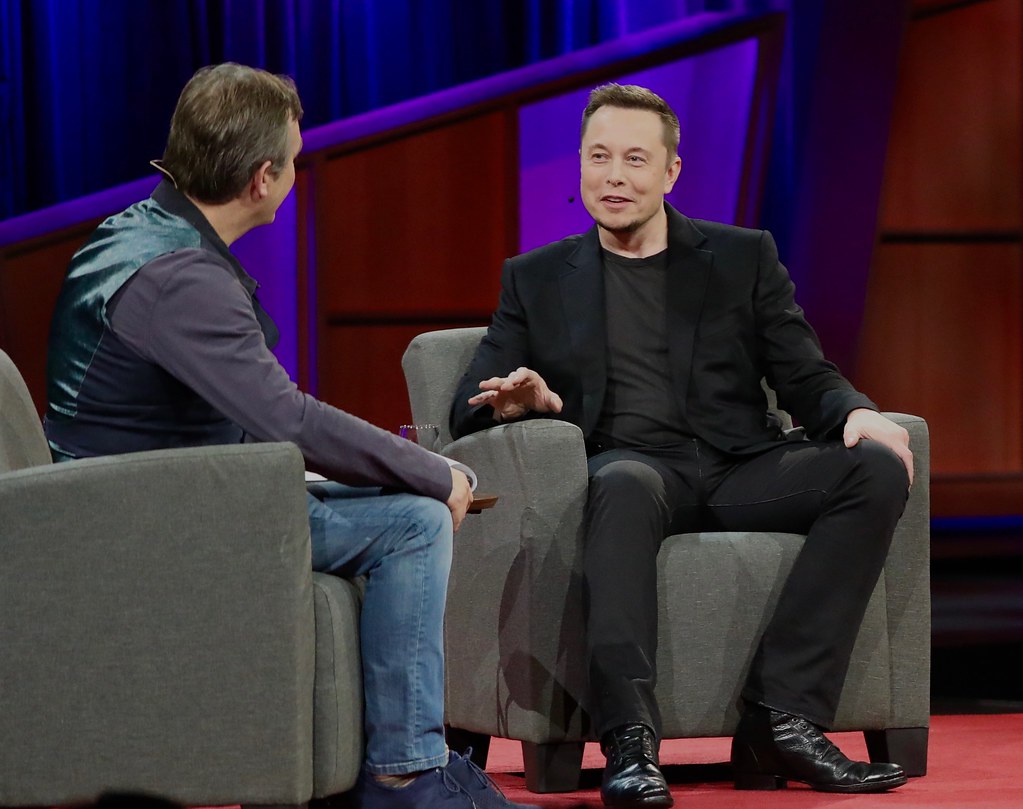
9. **The January 6th Meme and Facebook’s Implicated Role**The antagonism reached a new dimension during a period of national upheaval in January 2021, when Elon Musk posted a highly charged meme that directly attributed the chaos of the Capitol riot to Facebook. This was a significant escalation, as it moved beyond critiques of data privacy or platform utility to imply Facebook’s complicity in facilitating events of profound political and social consequence. The meme was designed not only to mock but to cast a shadow of culpability over Zuckerberg’s platform.
The visual component of the meme featured a description of the infamous “QAnon Shaman,” a figure widely associated with the events of that day. Crucially, the meme also included a pointed reference to Facebook’s origins, noting it as “a website to rate women on campus.” This allusion connected the platform’s controversial beginnings, specifically Zuckerberg’s proto-Facebook site Facemash, to its perceived role in contemporary societal disruption.
By drawing this historical link and attributing the chaos to Facebook, Musk aimed to underscore a narrative of continuous ethical failings and societal harm associated with the platform from its inception. This strategic use of a widely disseminated meme during a moment of intense public scrutiny served to further entrench Facebook in a negative light, portraying it not just as “lame” but as a foundational element in escalating national discord. It was a potent and politically charged maneuver in his ongoing rivalry with Zuckerberg.
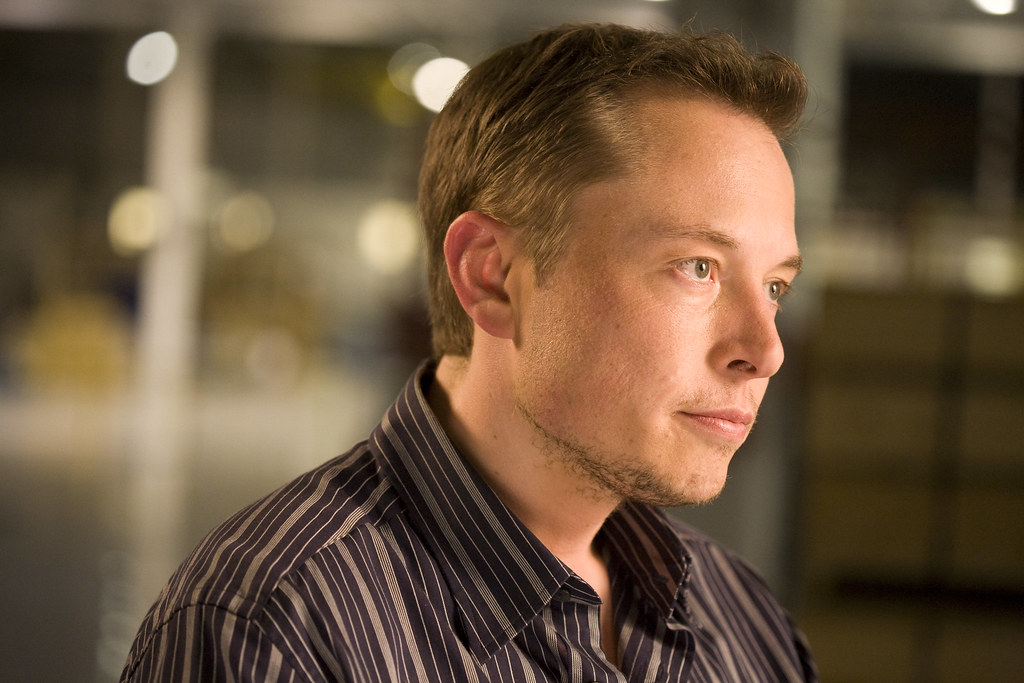
10. **An Ironic Twist: Musk’s Subsequent Support for the “QAnon Shaman”**Adding a layer of profound irony to his campaign, Elon Musk later expressed support for the very “QAnon Shaman” figure he had previously featured in a meme used to criticize Facebook. This development, occurring on Twitter, highlighted a striking inconsistency in Musk’s public posture and demonstrated a willingness to align with controversial figures, even when doing so seemed to contradict his earlier criticisms of a rival platform.
The initial meme, which detailed the “QAnon Shaman” and linked the January 6th chaos to Facebook, positioned the social media platform as a conduit for such unsettling events. Yet, Musk’s subsequent vocal support for this individual introduced a complex and seemingly contradictory element to his narrative. This move suggested that his criticisms of Facebook, while seemingly ideological, could also be opportunistically deployed in service of his broader aims or shifting allegiances.
This ironic twist underscored the deeply personal and often unpredictable nature of the Musk-Zuckerberg feud. It illustrated that the rivalry extended beyond mere corporate competition or philosophical debate, often veering into realms of public opinion and political symbolism where Musk appeared to adapt his positions. His support for the “QAnon Shaman” after using the figure to indict Facebook served to further blur the lines between genuine critique and calculated provocation in their high-stakes antagonism.

11. **Zuckerberg’s Strategic Silence Amidst Twitter Turmoil**As Elon Musk embarked on his tumultuous tenure as CEO of Twitter, now X, his leadership garnered significant public scrutiny and widespread “scathing criticism.” In stark contrast to Musk’s relentless and often aggressive public attacks on Facebook, Mark Zuckerberg adopted a conspicuously different approach during this period of heightened instability for his rival’s platform. This strategic restraint marked a crucial phase in Zuckerberg’s “measured response” to the ongoing feud.
Zuckerberg’s decision to remain largely silent or “cautious when addressing the situation” was a deliberate tactical choice. While Musk engaged in a high-profile, often chaotic, restructuring of Twitter, Zuckerberg refrained from reciprocating the public disparagement that Musk had so frequently directed at Facebook. This calculated reticence allowed him to project an image of stability and strategic focus, distinguishing Meta from the perceived turbulence of Musk’s leadership.
This period of Zuckerberg’s cautiousness served multiple purposes. It avoided validating Musk’s confrontational style and prevented the feud from descending further into a purely personal battle, instead maintaining a focus on corporate performance and technological development. By not engaging directly in the public fray, Zuckerberg subtly positioned himself as a more stable and mature leader, allowing the criticisms of Musk’s Twitter management to speak for themselves, without direct input from his long-standing rival.
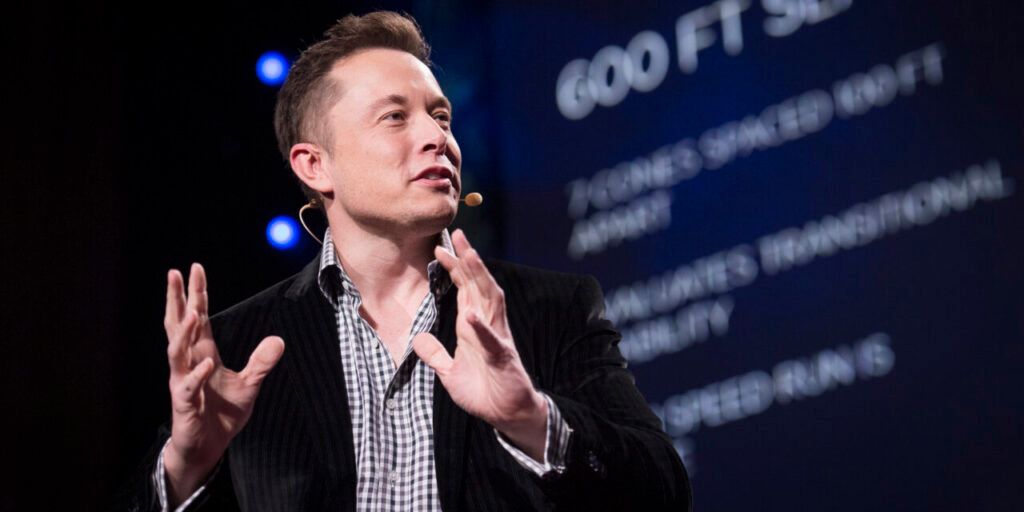
12. **The Enigmatic Compliment and Shifting Dynamics**A notable, albeit partially documented, shift in the dynamic of their rivalry emerged on June 8. Despite years of persistent antagonism and public jabs, the context indicates that Mark Zuckerberg offered a compliment to Elon Musk. While the specific content of this compliment remains unstated in the provided information, the mere act of offering praise, however brief, signals a remarkable deviation from the customary pattern of their interactions.
This gesture, framed within Zuckerberg’s generally “cautious” approach to addressing Musk’s turbulent leadership at Twitter, hints at a strategic decision to de-escalate or at least modulate the intensity of the personal animosity. Coming from a figure who had been the target of Musk’s sustained public mockery and corporate disengagement campaigns, any form of positive acknowledgment would have been significant. It suggests a potential recognition of Musk’s capabilities or achievements, even amidst their broader competitive landscape.
The introduction of a compliment, even if its details are not fully revealed, underscores the complex and evolving nature of their relationship. It complicates the straightforward narrative of an unrelenting feud, suggesting moments where strategic engagement or grudging respect might supersede outright hostility. This event, occurring as Musk’s reign at Twitter generated significant debate, represents a nuanced inflection point in the long-running saga of these two tech titans.
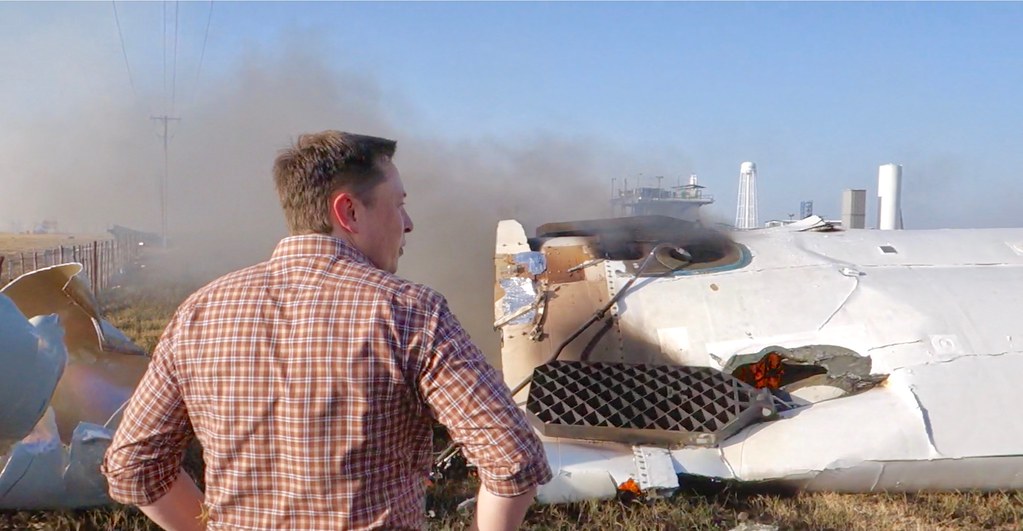
13. **The Intensifying Personal Dimension: A Billion-Dollar Bet**The enduring feud between Elon Musk and Mark Zuckerberg, initially rooted in corporate missteps and ideological differences, has consistently transcended typical business competition to embrace an intensely personal dimension. Throughout its progression, the rivalry has been characterized by exchanges that have been colloquially likened to a “playground spat,” underscoring the raw, unfiltered animosity that often surfaces between these two powerful figures.
This deeply personal aspect of their competition is not merely incidental but has become a defining characteristic, shaping public perception and elevating the stakes beyond mere market share or technological dominance. With Musk’s estimated net worth at $245.6 billion and Zuckerberg’s at $108.7 billion, their personal fortunes add an astronomical weight to their every interaction, transforming private grievances into global spectacles. The sheer scale of their wealth amplifies the drama, making their individual clashes resonate with immense financial implications.
The trajectory of their contentious relationship, therefore, offers a compelling study of ego, power, and ambition at the very pinnacle of innovation. It reveals how personal slights and public challenges can become intricately woven into the fabric of corporate strategy and technological vision, blurring the lines between the individual and the enterprise. Their willingness to engage in such high-stakes personal drama highlights a unique dynamic in the modern corporate world, where the personal often becomes inextricably linked to the professional.
14. **The Ultimate Challenge: A Literal Cage Match**The culmination of this protracted and increasingly personal feud between Elon Musk and Mark Zuckerberg reached an unprecedented height with public offers to settle their differences in a literal cage match. This extraordinary proposal, widely reported and seemingly taken with serious intent by both billionaires, represents the most extreme manifestation of their antagonism, transforming a digital and ideological battle into a prospective physical confrontation.
The concept of two of the world’s most influential tech titans agreeing to a physical altercation captivated global attention, signifying the profound depth of their mutual animosity and their unconventional approaches to resolving disputes. The serious intent expressed by both individuals underscores that this was not merely a rhetorical flourish but a genuine consideration of a face-to-face, high-stakes encounter, pushing the boundaries of what constitutes a corporate or personal rivalry.
This ultimate challenge encapsulates the unique nature of their feud, characterized by its public, aggressive, and often unpredictable turns. It stands as a powerful symbol of their clash of personalities and their unyielding struggle for influence, demonstrating how far these figures are willing to go to assert dominance. The prospect of a cage match serves as a vivid, if hyperbolic, illustration of the colossal stakes involved and the extraordinary lengths to which this billion-dollar rivalry has been pushed.
Read more about: Beyond the Screen: 15 Stunt Realities Where Performers’ Fear Was Absolute, and AI’s Looming Impact
In an era defined by rapid technological advancement and profound societal shifts, the feud between Elon Musk and Mark Zuckerberg stands as a singular phenomenon. It is a rivalry that began with a literal explosion and evolved through ideological battles, corporate condemnations, and public mockery, culminating in a challenge of physical combat. More than a mere clash of personalities, it embodies a deeper struggle for the future direction of technology and the very fabric of our digital existence. As these titans continue to navigate the ever-changing landscape of innovation, their enduring antagonism remains a compelling narrative, reminding us that even at the highest echelons of power, human drama, ego, and an unyielding will to dominate can dictate the course of history.

